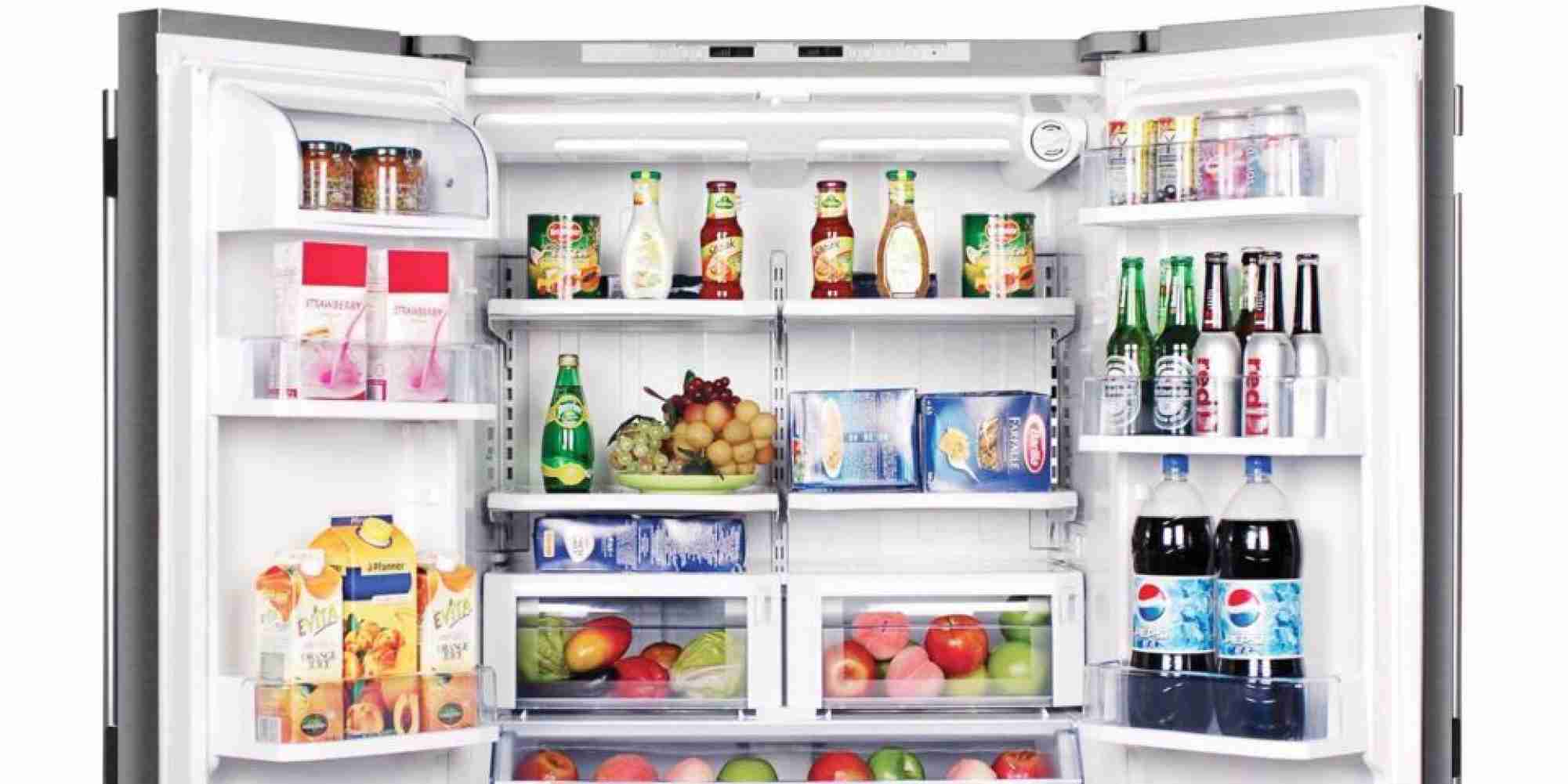V refrigerators use propane to keep your food and drinks cold. This type of fridge consumes a fair amount of power during operation, which can deplete the reserve battery in your camper.
Depending on how much you cook and who you camp with, you may want the capacity of a residential-style refrigerator. These refrigerators run on electrical hook-ups or a heavy-duty battery bank when boondocking.
Size
You may be able to find an affordable used refrigerator for your RV in a garage sale or on Craigslist, but make sure you carefully measure the space where it will be installed to ensure it will fit. Additionally, you’ll want to consider the power demands of this residential appliance and whether or not you can hook it up to your RV’s generator or power source.
Residential refrigerators are not designed to be mobile, so encasing one in your RV will cause it to shake and rattle while you’re on the road, reducing its lifespan and cooling efficiency. If you plan to only camp at developed campgrounds with electric hook-ups, then you can get away with using a residential fridge as long as you have a heavy-duty battery bank and solar system in place to power it while on the go. Alternatively, you can also purchase a fridge that runs on propane and doesn’t require any electricity to operate.
Storage Capacity
Large RV refrigerators have more storage capacity, especially in the freezer zone. They allow you to store more food for your travels and camping adventures. This is advantageous if you are traveling with family or friends. It is also beneficial for those with special dietary requirements. It ensures that you will not run out of food during your trip.
Generally, large RV refrigerators consume more power to keep cool. To reduce this, you should always check your fridge amp ratings before using it. These are available in the manual of your refrigerator or you can search for its ratings online.
The absorption fridges are powered by electricity that heats the chemicals inside to initiate the cooling process. The vapor then moves to the interior cooling coils and is cooled by them. The fridges can also be plugged into propane to provide the required heat for the process, in case electricity is unavailable or needs to be conserved.
Energy Efficiency
RV fridges use a lot of power and it is important to know how much your fridge consumes. This will help you plan your power usage while camping. It is also a good idea to purchase a fridge with an energy efficient compressor that uses less power than other models.
Typically, RV refrigerators operate using absorption and compression technology. The absorption fridge takes two liquids, water and ammonia, and heats them up to separate the ammonia from the water – similar to how a moonshine still separates alcohol from the mash. The ammonia then circulates throughout the fridge to cool it by evaporation. Once cooled, the ammonia and water recombine and the cycle starts again.
It is also recommended to install a 12 volt refrigerator vent fan to remove the excess heat and improve the efficiency of your RV refrigerator. This will help your fridge run more efficiently while camping and will save on your propane gas consumption.
Maintenance
It’s a good idea to inspect the fridge regularly. This includes both the inside and outside components. Inside you can check the evaporator fins, light, ice maker and gaskets. On the exterior you should inspect the drip tube, and be sure the cap is in place (it usually snaps on). You can also use a muffin fan or computer fan to blow air over the propane valve. This can help to prevent it from being closed by mud or other debris.
If your refrigerator works on 110V power but not on propane, it could be because of a problem with the control board. It may need to be replaced.
Another common problem is rust on the flue. It’s best to clean this regularly, especially if you camp at high elevations where there is less oxygen and the rust can ignite the propane. If your RV fridge is leaking, there might be an ammonia smell or yellow stains on the ceiling and floor near the refrigerator. This indicates that the cooling coils have leaked, and you will need a replacement.
